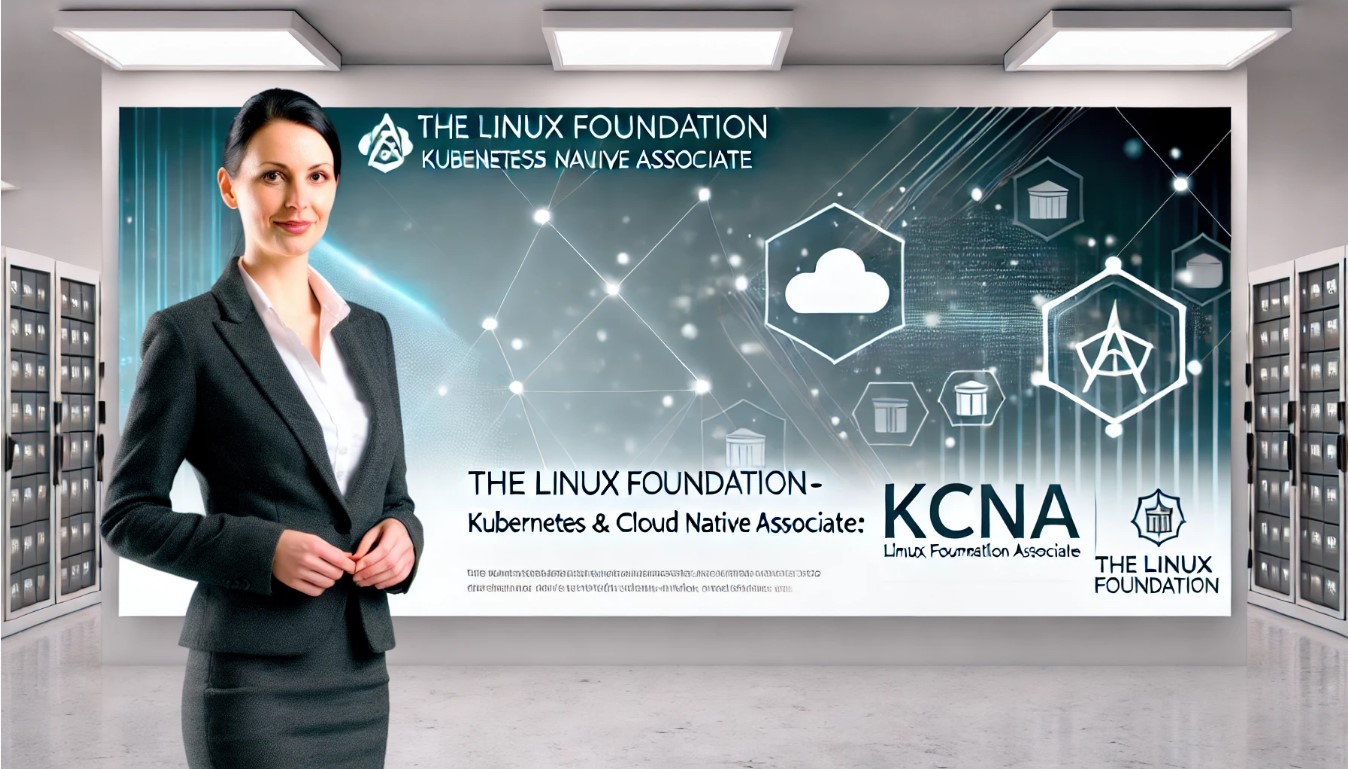All Content for $99 / INR 7,999
Offer valid for the next 3 days.

The Linux Foundation Certified System Administrator (LFCS) certification is a highly respected qualification in the field of IT, tailored specifically for professionals aiming to demonstrate their expertise with Linux systems. This certification ensures that candidates possess the necessary skills to proficiently install, configure, and operate Linux-based systems, which are essential in today's diverse IT environments.
The LFCS certification exam is structured to validate a wide range of Linux administration skills and knowledge. The exam covers essential areas such as system installation, management of Linux operating systems, and the configuration of essential services, both on-premises and in cloud-based settings. It is designed to test the practical skills through a performance-based format, ensuring that the certification holder can handle real-world system administration tasks effectively.
Whether you are new to Linux or have previous experience, the LFCS certification will help you demonstrate your capabilities to employers and increase your professional standing in the competitive IT job market. It is suited for system administrators, IT professionals, and anyone interested in managing Linux-based infrastructures.
The Linux Foundation Certified System Administrator (LFCS) certification is specifically designed for individuals who are at the beginning stages of their careers in Linux system administration or those who are pursuing a career in open source technologies.
Ideal candidates for the LFCS certification include, but are not limited to:
Candidates are expected to have received formal training or have equivalent experience in Linux system administration before attempting the LFCS exam. This ensures that they are well-prepared to handle the practical challenges presented by the certification test.
Linux Foundation Certified System Administrators (LFCS) are proficient in operating Linux-based systems and demonstrate a thorough understanding of key system concepts. Their capabilities enable them to manage, deploy, and operate applications and services efficiently using Linux, which is an essential skill in today’s technology-driven industries.
Key competencies of a certified Linux systems administrator include:
The certification equips professionals with the necessary skills to support complex, multi-platform environments and adapt to the dynamic needs of modern IT infrastructures, particularly in supporting advanced cloud-based systems.
Mastery of these topics will ensure candidates are well-prepared to handle the operational aspects of Linux system administration, with a specific focus on deployment tasks that are critical in real-world environments.
Mastery of these topics will enable candidates to handle complex networking scenarios in Linux environments, ensuring secure and optimal operation of networked systems and services.
Candidates focusing on this area will gain the skills necessary to effectively manage storage solutions in Linux environments, contributing to overall system stability and performance.
Mastery of these essential commands and troubleshooting techniques will empower candidates to efficiently manage Linux systems and troubleshoot common issues that arise in day-to-day operations.
Understanding and applying these concepts will enable candidates to effectively manage user and group accounts, enhancing system security and user efficiency.







